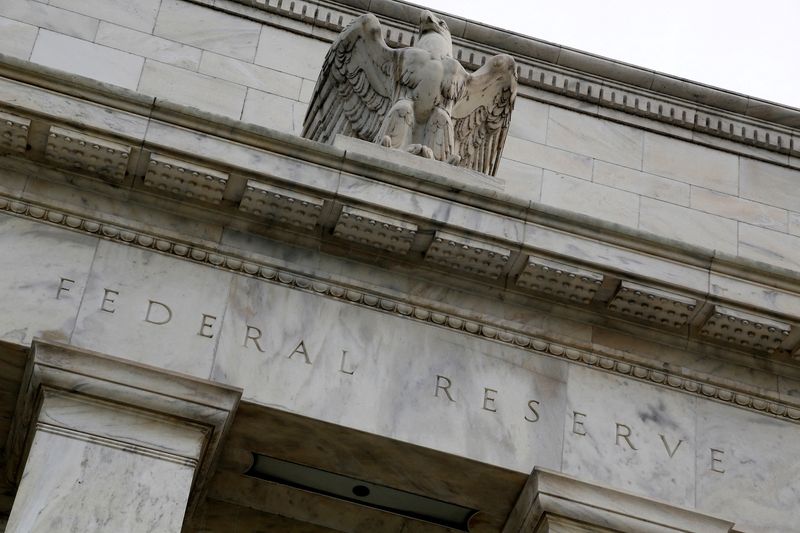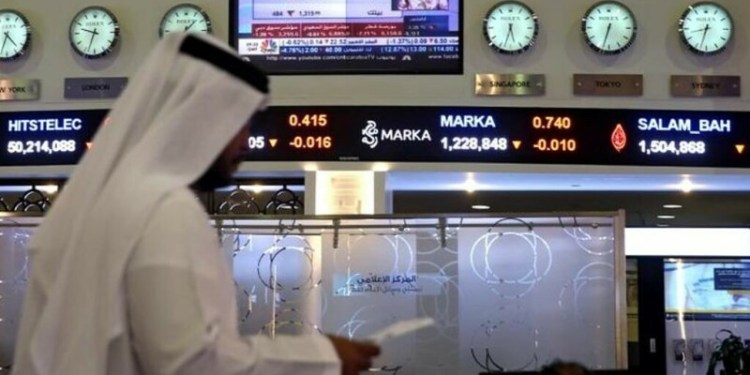
© Reuters. FILE PHOTO: An eagle tops the U.S. Federal Reserve building’s facade in Washington, July 31, 2013. REUTERS/Jonathan Ernst/File Photo
FITB
-0.23%
Add to/Remove from Watchlist
Add to Watchlist
Add Position
Position added successfully to:
Please name your holdings portfolio
Type:
BUY
SELL
Date:
Amount:
Price
Point Value:
Leverage:
1:1
1:10
1:25
1:50
1:100
1:200
1:400
1:500
1:1000
Commission:
Create New Watchlist
Create
Create a new holdings portfolio
Add
Create
+ Add another position
Close
MTB
-1.37%
Add to/Remove from Watchlist
Add to Watchlist
Add Position
Position added successfully to:
Please name your holdings portfolio
Type:
BUY
SELL
Date:
Amount:
Price
Point Value:
Leverage:
1:1
1:10
1:25
1:50
1:100
1:200
1:400
1:500
1:1000
Commission:
Create New Watchlist
Create
Create a new holdings portfolio
Add
Create
+ Add another position
Close
CFG
-1.10%
Add to/Remove from Watchlist
Add to Watchlist
Add Position
Position added successfully to:
Please name your holdings portfolio
Type:
BUY
SELL
Date:
Amount:
Price
Point Value:
Leverage:
1:1
1:10
1:25
1:50
1:100
1:200
1:400
1:500
1:1000
Commission:
Create New Watchlist
Create
Create a new holdings portfolio
Add
Create
+ Add another position
Close
(Reuters) -The Federal Reserve has issued a slew of private warnings to lenders with assets of $100 billion to $250 billion as part of increased efforts to tighten supervision, Bloomberg News reported on Wednesday citing people familiar with the matter.
Among the banks given the warnings were Citizens Financial (NYSE:CFG), Fifth Third Bancorp (NASDAQ:FITB) and M&T Bank Corp (NYSE:MTB), the report added.
The notices touched on a wide range of issues including lenders’ capital and liquidity as well as technology and compliance, according to the report.
The banks and the Fed declined to comment.
Banks are dealing with the aftermath of the biggest crisis to hit the sector since 2008, which saw three mid-sized lenders collapse earlier this year.
The failures exposed vulnerabilities of lenders to rising interest rates and showed how fast spooked customers can pull deposits, triggering a bank run.
Source: Investing.com



























